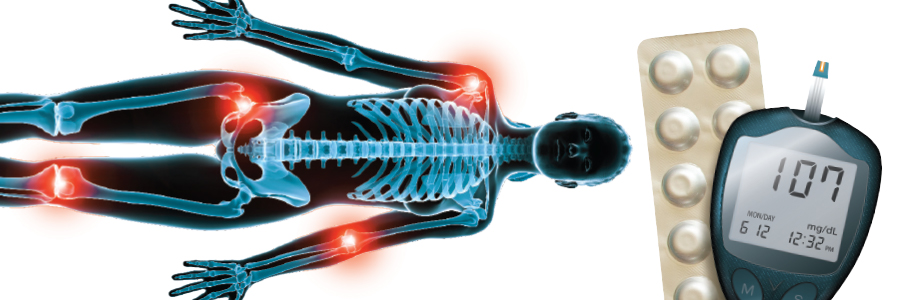


Sign-up for {N}power to get exclusive discounts, newsletters, members-only features, and more!
 Denver - Design District - Alameda and Broadway
Denver - Design District - Alameda and Broadway
368 S Broadway
Denver, CO 80209
United States
 Preferred Store:
Select a Store
Preferred Store:
Select a Store

A recent study found that supplementing with the antioxidant Pycnogenol eases fibromyalgia symptoms and reduces the need for painkillers. This research is an encouraging start for people with fibromyalgia looking to naturally manage the intensity of their symptoms and reduce the need for medication.
The study, published in March 2021, divided participants into two groups: the control group followed the standard fibromyalgia management routine of daily stretching, aerobic exercise, local heat application, sleep, and meditation; the test group followed the same standard management routine but also supplemented with 150 mg of Pycnogenol daily for four weeks.
"Fibromyalgia affects an estimated 3-6% of the world population and nearly 70% are undiagnosed..."
Those who took the Pycnogenol experienced reduction in fatigue, migraines, stiffness, headaches, perceived stress levels, as well as a reduction in IBS symptoms and mental cloudiness. Data shows that fibromyalgia affects an estimated 3 to 6 percent of the world population and nearly 70 percent of people with fibromyalgia are undiagnosed. Additionally, 75 to 90 percent of people with fibromyalgia are women. Pycnogenol offers a safe alternative to manage symptoms, reducing the need for pain medications.

Researchers from The Ohio State University recently analyzed a thousand patients’ health records and found that those who were taking cholesterol-lowering statin drugs had at least double the risk of developing type-2 diabetes than those who didn’t take statins. Those who took statins for more than two years had more than three times the risk of diabetes—in other words, the longer a person took a statin, the more likely they were to develop diabetes.
The results of this study are important because more than a quarter of middle-aged adults in the United States take a cholesterol-lowering drug, according to recent federal estimates. The conventional view of statins is that they’re safe and well-tolerated, but when you look a little deeper, that might not be the case.
While this doesn’t mean that people taking statins should immediately stop using them (especially without first discussing it with your healthcare provider), it does warrant considering other methods of preventing cardiovascular disease.



Sign-up for {N}power to get exclusive discounts, newsletters, members-only features, and more!
